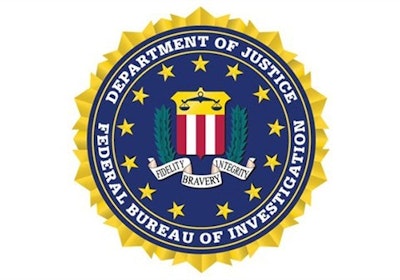
At an event held last week at FBI Headquarters, the Bureau—in conjunction with its partners at Penn State University (PSU)—announced a new, no-cost training website for law enforcement agencies and other first responders responsible for notifying the family members of those who have died suddenly as a result of a crime, an accident, a suicide, or other type of incident.
This initiative was developed to better equip law enforcement personnel, victim advocates, coroners, medical examiners, chaplains, hospital staff, and others who find themselves delivering death notifications to do so with professionalism, dignity, and compassion. Not only because it's the right thing to do, but also because the way a death notification is made can have a significant impact on a family's grieving process and on potential future prosecutions. Director James Comey, who spoke at the event held during National Crime Victims' Rights Week, said, "We have to be better when we intersect with people at the most painful moment in their entire lives."
The training is entitled "We Regret to Inform You..." and can be accessed at www.deathnotification.psu.edu.
Funded under the FBI's Active Shooter Initiative, the online learning module—available to first responders nationally and internationally—begins with an impact video featuring Karen Schmoyer, the mother of a Pennsylvania murder victim, who shares her personal experiences of when and how she was told of her 15-year-old daughter's death. The training also features descriptions of a proper four-step death notification process that includes extensive planning and preparation for the visit to the next of kin, the actual visit to deliver the notification, and the follow-up with the family. And it notes that death notifications should always be made in person, even if the family doesn't live in the same jurisdiction.











